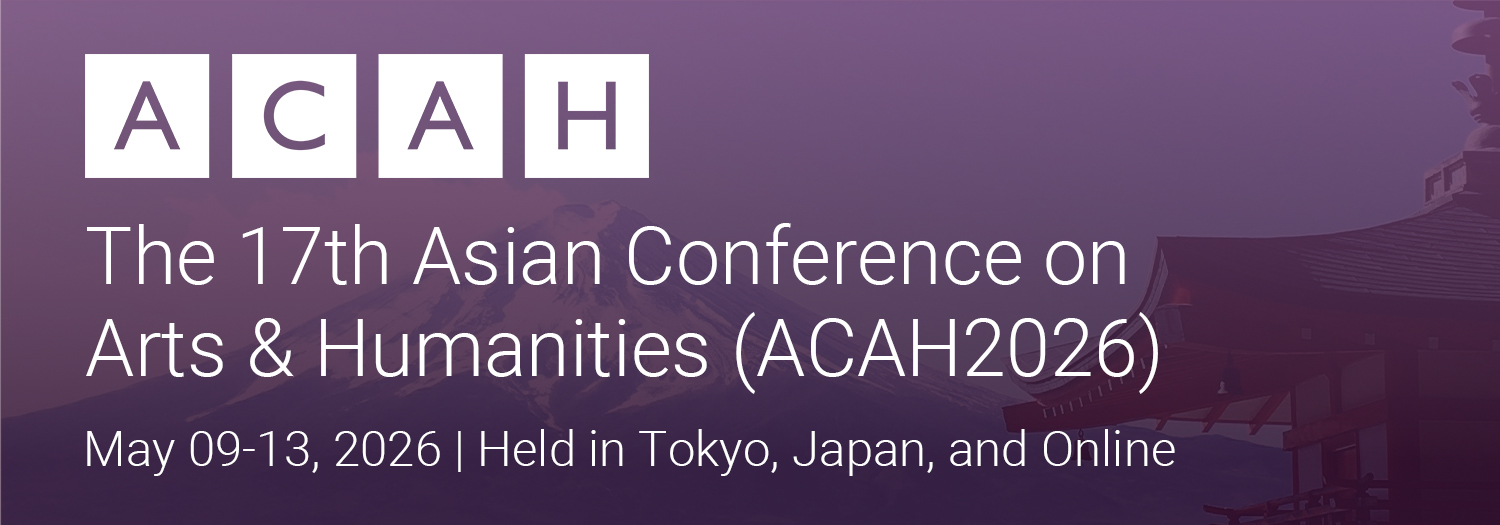Presentation Schedule
State-Craft and Buddhism (94304)
Session Chair: Yu-chuan Chen
This presentation will be live-streamed via Zoom (Online Access)
Friday, 16 May 2025 10:50
Session: Session 1
Room: Live-Stream Room 2
Presentation Type: Live-Stream Presentation
– click here to convert to your timezone
The paper examines how the Buddha integrated the administrative framework of the Gana-Sangha, an Indian republican system, within the religious structure of Buddhism. The focus is on understanding how this integration strengthened Buddhism’s administrative capabilities and supported societal transformation through a blend of social, economic, and spiritual reforms.
Objectives:
1. To explore how the administrative functions of the Gana-Sangha were incorporated into the Buddhist Sangha.
2. To analyze how this integration strengthened the foundation of Buddhism and contributed to its social-religious reforms.
3. To assess the interplay between economic advancement, social reforms, and spiritual fulfillment within the Buddhist framework.
Method: The paper employs a historical and analytical approach, examining the socio-political context of ancient India, the structure of the Gana-Sangha, and its integration into Buddhist organizational systems.
Findings:
1. The Buddha’s adaptation of the Gana-Sangha's administrative model to the Sangha contributed significantly to its organizational stability and efficiency.
2. Urban centers played a dual role, acting as hubs for both economic activity and spiritual development, promoting the spread of Buddhism.
Conclusion: The integration of the Gana-Sangha's political model into Buddhism enabled it to thrive both administratively and ideologically. This strategic fusion of governance, economic initiatives, and spiritual teachings allowed Buddhism to flourish, shaping the cultural and spiritual landscape of ancient India and extending its influence to Southeast Asia. The religion's ability to adapt and combine various societal elements made it a transformative force, promoting societal harmony and growth.
Authors:
Anushree Dwivedi, Banaras Hindu University, India
About the Presenter(s)
Anushree Dwivedi currently is a doctoral student in dept. of Ancient Indian History Culture and Archeology, Banaras Hindu University (BHU), India.
See this presentation on the full schedule – Friday Schedule





Comments
Powered by WP LinkPress